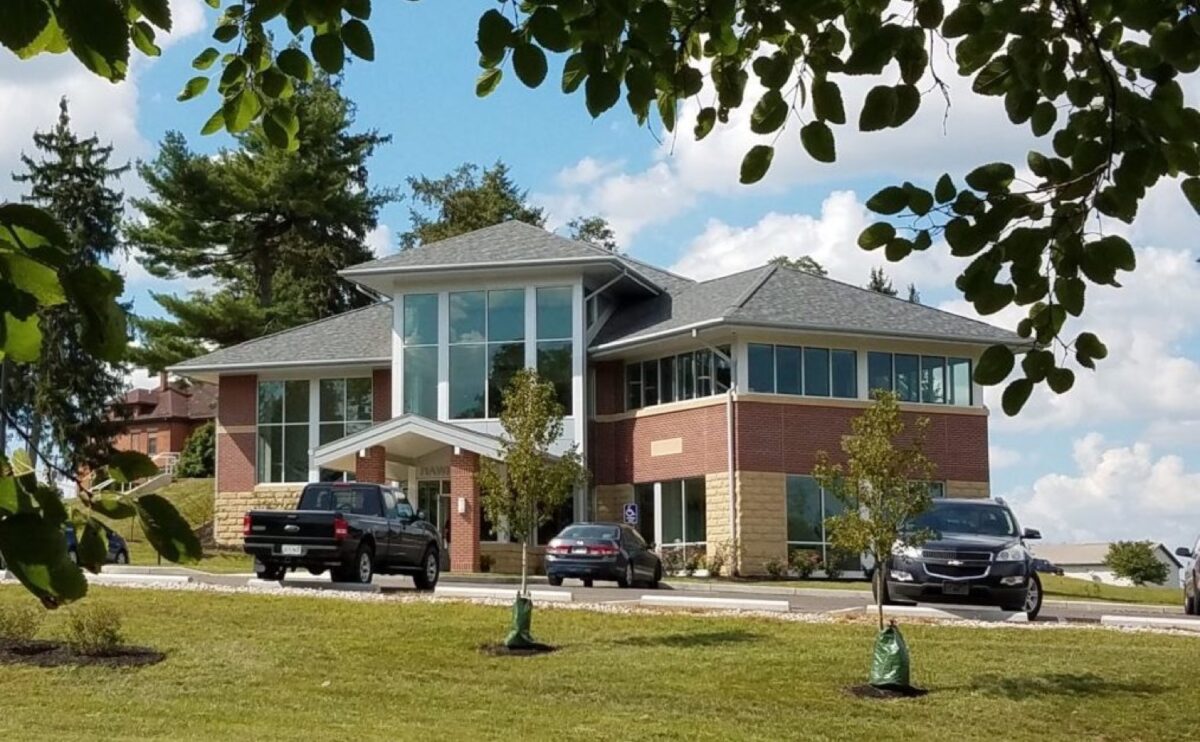Facing declining demand and challenges in maintaining required staffing levels, Wernle Youth & Family Treatment Center in Richmond will no longer provide residential services as of February, according to a statement released on Sunday afternoon.
The organization, which provides therapeutic services for youth aged 10 to 21 who have exhibited behavioral challenges, said it will continue to offer treatment on an outpatient basis as it re-evaluates its service model.
A Wernle representative told WWN today that two residents remain housed there. One is expected to be released this week after completing treatment, and the other will likely be transferred to another treatment facility.
Originally founded in 1879 as an orphanage, the nonprofit organization operates on 67 acres located on Richmond’s south side, with buildings that include dormitories, athletic and wellness facilities, classrooms, and offices. Many were built through donations from community members.
According to the statement, signed by Sandie Rowe, the organization’s board chair, Darrell Gordon, CEO, and Maria Vail, executive director, the change results from “post-pandemic labor market challenges” affecting treatment facilities across the state. While it may be a positive sign that Indiana’s Department of Child Services residential placements have declined in recent years according to data from Indiana Association of Resources and Child Advocacy, Wernle says that because it could not maintain the staffing levels required by DCS, its license to operate a residential program is being revoked “in the near future.”
The organization has not made any employment decisions for its more than 50 staff members and representatives said they are working to preserve as many positions as possible.
“We are proud of the partnership and outcomes we achieved with DCS, but are now focused on the future and how we can best serve those in need,” the statement says. “We will continue our existing outpatient services for the community, and are transitioning our service model while we continue our discussions with our potential partners in the community.”
A version of this article appeared in the January 31 2024 print edition of the Western Wayne News.

